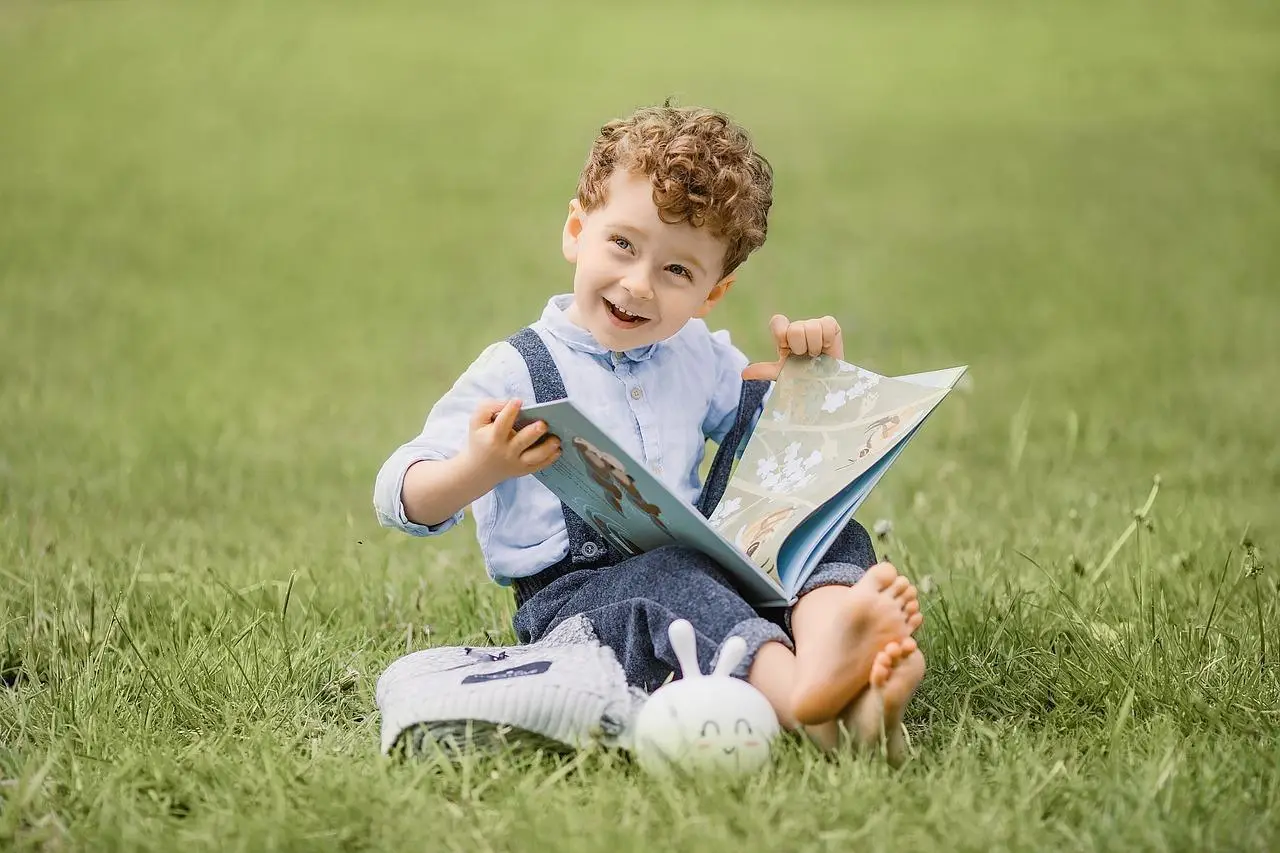How Family Traditions Shape Identity in a Fast-Paced World
In an age defined by rapid technological advancements, busy schedules, and ever-changing societal norms, family traditions remain a powerful anchor in shaping personal and collective identity. Family traditions—whether they are weekly rituals, annual celebrations, or cultural practices—help create a sense of belonging, continuity, and purpose, even amidst the chaos of modern life. They serve as a bridge between generations, fostering connections and preserving values that define who we are.
This article explores how family traditions shape identity, why they are more important than ever in today’s fast-paced world, and how families can maintain or revive these meaningful practices.
The Role of Family Traditions in Building Identity
Family traditions play a foundational role in shaping a person’s sense of self. They provide a framework for understanding where we come from, what we value, and how we relate to the world around us. For children, in particular, traditions offer a sense of stability and predictability that helps them develop a strong, grounded identity.
Key ways traditions influence identity include:
- Cultural heritage: Traditions often reflect cultural or religious values, helping children understand their roots and fostering pride in their heritage.
- Shared values: Through repeated practices, families reinforce what they prioritize, such as kindness, gratitude, or resilience.
- Unique family identity: Traditions create a sense of uniqueness, distinguishing one family from another and giving members a shared sense of belonging.
By participating in family traditions, children and adults alike internalize the values and stories that shape their identity, creating a strong foundation for personal growth.
Strengthening Family Bonds Through Rituals
One of the most significant benefits of family traditions is their ability to strengthen relationships. In a world where families are often pulled in different directions by work, school, and social obligations, traditions provide an opportunity to reconnect and spend quality time together.
These shared experiences foster emotional intimacy and trust, as family members:
- Create lasting memories: Whether it’s a weekly movie night, a holiday celebration, or a special birthday ritual, traditions create moments that family members cherish for years to come.
- Feel a sense of belonging: Participating in traditions reinforces the idea that each member is an integral part of the family unit.
- Build intergenerational connections: Traditions passed down from grandparents to parents to children strengthen bonds across generations and keep family legacies alive.
In a fast-paced world, traditions act as a counterbalance, reminding families of the importance of togetherness and shared experiences.
Preserving Cultural Identity in a Globalized World
Globalization and modern technology have made the world more interconnected than ever before. While this brings many benefits, it also poses challenges to preserving cultural identity. Family traditions serve as a vital tool for maintaining cultural practices and values, ensuring that they are not lost in the face of rapid change.
For example:
- Families with immigrant backgrounds often use traditions to help younger generations stay connected to their homeland’s language, customs, and cuisine.
- Celebrating cultural holidays or practicing traditional crafts allows children to develop a deeper understanding of their heritage.
- Passing down stories, recipes, or songs helps preserve cultural knowledge that might otherwise fade over time.
By keeping cultural traditions alive, families can instill a sense of pride and connection in their children, helping them navigate a multicultural world with confidence and respect for diversity.
Providing Stability in a Changing World
Modern life is often unpredictable, with families facing constant changes in routines, environments, and relationships. Family traditions offer a sense of stability and continuity, providing a comforting routine amidst the uncertainties of daily life.
For children, in particular, this stability is crucial for emotional well-being:
- Rituals provide reassurance: Knowing that certain traditions will always take place—such as Sunday dinners or holiday gatherings—gives children a sense of security.
- Consistency fosters resilience: Traditions help children adapt to change by grounding them in familiar practices and values.
- Celebrating milestones: Traditions around birthdays, graduations, or other life events give children a sense of accomplishment and reinforce their place within the family.
In a world that is constantly evolving, family traditions serve as a reliable anchor, helping individuals feel rooted and secure.
Encouraging Mindfulness and Connection
In today’s fast-paced world, it’s easy to get caught up in the demands of work, school, and technology, leaving little time for meaningful connection. Family traditions encourage mindfulness by creating intentional moments to slow down, reflect, and connect with loved ones.
Examples of how traditions promote mindfulness include:
- Holiday rituals: Decorating a tree, lighting candles, or preparing special meals encourages families to pause and focus on the present moment.
- Daily or weekly practices: Traditions like bedtime stories or family dinners provide regular opportunities for connection and conversation.
- Seasonal activities: Traditions tied to nature, such as apple picking in the fall or beach trips in the summer, help families appreciate the changing seasons and spend time outdoors.
By prioritizing traditions, families can create a sense of balance and mindfulness in their lives, even amidst the busyness of modern schedules.
Adapting Traditions for Modern Families
While traditional practices are valuable, it’s important to recognize that family dynamics and lifestyles have changed over time. Modern families can adapt traditions to fit their unique circumstances, ensuring that they remain meaningful and relevant.
Ways to adapt traditions include:
- Incorporating technology: Families separated by distance can use video calls to celebrate holidays or share meals together virtually.
- Creating new traditions: Blended families or multicultural households can invent their own rituals that reflect their shared values and experiences.
- Simplifying practices: Busy families can focus on small, manageable traditions, such as a weekly game night or a gratitude jar, rather than elaborate celebrations.
The key is to prioritize connection and meaning, ensuring that traditions continue to play a central role in shaping family identity, even in a modern context.
Passing Down Values Through Traditions
At their core, family traditions are about more than just activities—they are a way to pass down values and lessons from one generation to the next. Whether it’s the importance of gratitude, the joy of giving, or the value of hard work, traditions provide a powerful way to instill these principles in children.
For example:
- Thanksgiving rituals teach children to appreciate what they have and express gratitude.
- Volunteer traditions during the holidays encourage empathy and compassion for others.
- Storytelling traditions allow parents and grandparents to share life lessons in a memorable and engaging way.
By embedding values into traditions, families can ensure that their children grow up with a strong moral compass and a clear sense of purpose.
Cultivating Identity Through Family Traditions
Family traditions are more than just rituals—they are the threads that weave together a family’s identity, values, and history. In a fast-paced world, these traditions provide a sense of stability, belonging, and purpose, helping individuals navigate life with confidence and connection.
By embracing, preserving, and adapting traditions, families can create meaningful experiences that not only strengthen relationships but also shape the identities of future generations. In doing so, they ensure that their legacy lives on, even amidst the rapid changes of the modern era.








